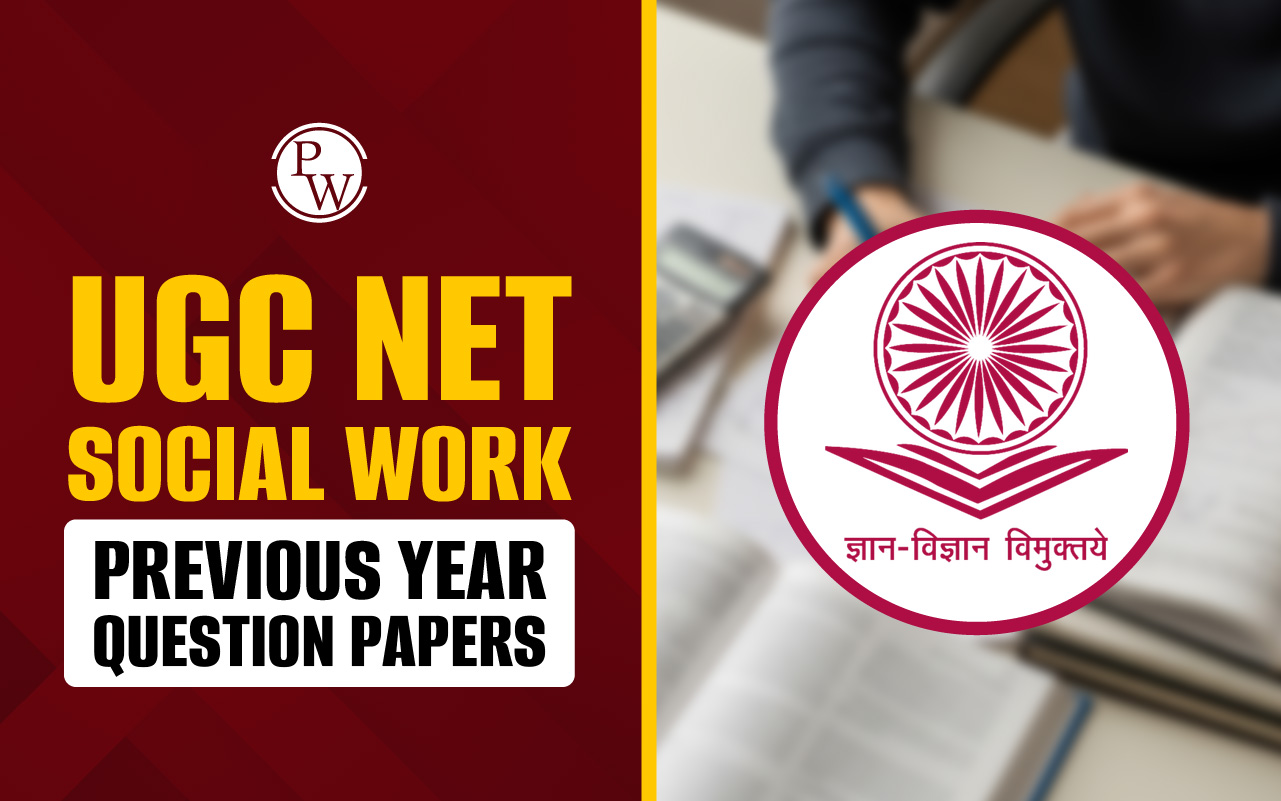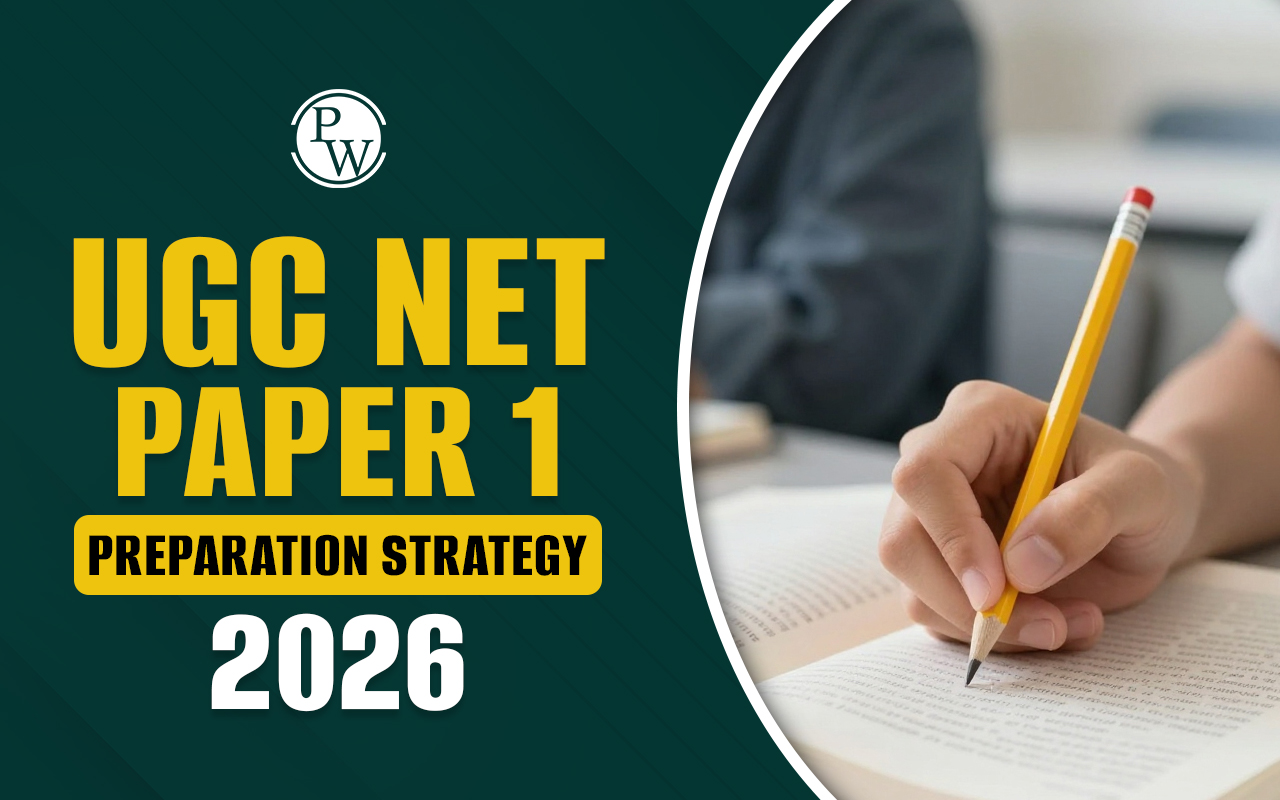
Relative Deprivation Theory : Relative deprivation is a concept in social sciences that describes the experience of individuals or groups who feel deprived of resources, opportunities, or privileges that others in their society enjoy. This sense of deprivation is not based on an absolute lack of resources but rather on a comparison with others. The idea of relative deprivation has profound implications for understanding social behavior, political attitudes, and the dynamics of social movements.
Origins and Definitions
The term "relative deprivation" was first used systematically by the authors of The American Soldier, a study of army units during World War II. They found that the perceived discrepancy between anticipation and attainment could result in feelings of deprivation. Walter Runciman further formalized the concept, outlining four preconditions for relative deprivation:- Person A does not have X.
- Person A knows of other persons who have X.
- Person A wants to have X.
- Person A believes obtaining X is realistic.
Relative Deprivation and Social Movements
Relative deprivation has been cited as a potential cause of social movements and deviant behavior. Social scientists argue that when individuals or groups feel deprived of what they believe they are entitled to, they may engage in collective action to address their grievances. For example, the rise of social movements can often be traced to the discontent of people who feel deprived of certain values or opportunities. This sense of deprivation can also lead to political violence, such as rioting, terrorism, and civil wars. Individuals may turn to deviant behaviors when they perceive a gap between their means and their goals. For instance, a person who feels economically deprived may resort to crime to attain the lifestyle they believe they deserve.Measuring Relative Deprivation
Measuring relative deprivation allows for an objective comparison between the situation of an individual or group and the rest of society. However, emphasizing the individual's perspective can make objective measurement problematic. Relative deprivation involves subjective experiences of discontent and entitlement, which can vary widely among individuals. Despite these challenges, researchers have developed various methods to measure relative deprivation. These methods often involve surveys and questionnaires that assess individuals' perceptions of their own status relative to others. By comparing these perceptions with objective measures of income, education, and other resources, researchers can gain insights into the prevalence and impact of relative deprivation.Implications for Economic and Social Policy
The concept of relative deprivation has important implications for economic and social policy. According to a 2015 report by the International Monetary Fund (IMF), widening income inequality is one of the defining challenges of our time. In advanced economies, the gap between the rich and poor is at its highest level in decades. While inequality trends have been more mixed in emerging markets and developing countries, pervasive inequities in access to education, health care, and finance remain. Addressing relative deprivation requires more than just raising total wealth. John Kenneth Galbraith and other economists have argued that relative differences in economic wealth are more significant than absolute deprivation in determining human quality of life. This perspective suggests that policies aimed at reducing income inequality and promoting social equality are essential for improving overall well-being.Relative Deprivation and Mental Health
Relative deprivation also has implications for mental health. Feelings of deprivation can lead to stress, anxiety, and other mental health issues. Social determinants of mental health, such as income inequality and social exclusion, are closely linked to relative deprivation. For example, individuals who feel deprived compared to their peers are more likely to experience feelings of inadequacy and depression. Research has shown that social comparison plays a crucial role in shaping individuals' perceptions of their own well-being. When people compare themselves to those who are better off, they may feel dissatisfied with their own lives, even if their absolute standard of living is relatively high. This phenomenon is known as the "relative income hypothesis," which suggests that individuals' subjective well-being is influenced more by their relative income compared to others than by their absolute income.Temporal Relative Deprivation
Relative deprivation can also be temporal, meaning that it can be experienced by individuals or groups who have seen an expansion of rights or wealth followed by stagnation or reversal of those gains. This phenomenon, known as unfulfilled rising expectations, can lead to social unrest and political instability. For example, the lack of the right to vote is more likely to be felt as a deprivation by people who had it once than by those who never had the opportunity to vote. Similarly, individuals who experience economic downturns after a period of prosperity may feel a heightened sense of deprivation, which can fuel social tensions and demands for change.Relative Deprivation in the Context of Poverty
Relative deprivation is closely linked to the concepts of poverty and social exclusion. While absolute poverty refers to a lack of basic resources necessary for survival, relative poverty is defined as being below a certain standard of living compared to others in society. For example, households earning less than 50% of the median income are often considered to be living in relative poverty. Relative poverty highlights the importance of social comparisons in shaping individuals' perceptions of their own well-being. Even if their absolute standard of living is adequate, individuals who perceive themselves as being worse off than others may experience feelings of deprivation and social exclusion. This perspective underscores the need for policies that address both absolute and relative poverty to promote social cohesion and reduce inequality.Critiques of Relative Deprivation Theory
Despite its widespread use, the theory of relative deprivation has faced several critiques. One criticism is that the theory fails to explain why some individuals who feel deprived do not take action or join social movements. Various factors can influence individuals' responses to perceived deprivation, including personality traits, social support, and immediate life circumstances.Conclusion
Relative deprivation is a complex and multifaceted concept that has significant implications for understanding social behavior, political attitudes, and the dynamics of social movements. By examining individuals' perceptions of their own status relative to others, researchers can gain insights into the causes and consequences of social inequality. Addressing relative deprivation requires a comprehensive approach that considers both absolute and relative measures of well-being. Policies aimed at reducing income inequality, promoting social inclusion, and ensuring equitable access to resources are essential for mitigating the negative effects of relative deprivation. Ultimately, the study of relative deprivation underscores the importance of social comparisons in shaping individuals' experiences and behaviors. By understanding the factors that contribute to feelings of deprivation, policymakers and social scientists can develop strategies to promote social cohesion and improve overall well-being.Relative Deprivation Theory FAQs
What is relative deprivation?
Relative deprivation is a concept in social sciences describing the experience of individuals or groups who feel deprived of resources, opportunities, or privileges that others in their society enjoy.
Who first introduced the concept of relative deprivation?
The term "relative deprivation" was first systematically used by the authors of The American Soldier, a study of army units during World War II. Walter Runciman further formalized the concept.
How does relative deprivation affect mental health?
Feelings of relative deprivation can lead to stress, anxiety, and other mental health issues.
What are some critiques of relative deprivation theory?
Critics argue that relative deprivation theory may not explain why some individuals do not take action despite feeling deprived.
Talk to a counsellorHave doubts? Our support team will be happy to assist you!

Check out these Related Articles
Free Learning Resources
PW Books
Notes (Class 10-12)
PW Study Materials
Notes (Class 6-9)
Ncert Solutions
Govt Exams
Class 6th to 12th Online Courses
Govt Job Exams Courses
UPSC Coaching
Defence Exam Coaching
Gate Exam Coaching
Other Exams
Know about Physics Wallah
Physics Wallah is an Indian edtech platform that provides accessible & comprehensive learning experiences to students from Class 6th to postgraduate level. We also provide extensive NCERT solutions, sample paper, NEET, JEE Mains, BITSAT previous year papers & more such resources to students. Physics Wallah also caters to over 3.5 million registered students and over 78 lakh+ Youtube subscribers with 4.8 rating on its app.
We Stand Out because
We provide students with intensive courses with India’s qualified & experienced faculties & mentors. PW strives to make the learning experience comprehensive and accessible for students of all sections of society. We believe in empowering every single student who couldn't dream of a good career in engineering and medical field earlier.
Our Key Focus Areas
Physics Wallah's main focus is to make the learning experience as economical as possible for all students. With our affordable courses like Lakshya, Udaan and Arjuna and many others, we have been able to provide a platform for lakhs of aspirants. From providing Chemistry, Maths, Physics formula to giving e-books of eminent authors like RD Sharma, RS Aggarwal and Lakhmir Singh, PW focuses on every single student's need for preparation.
What Makes Us Different
Physics Wallah strives to develop a comprehensive pedagogical structure for students, where they get a state-of-the-art learning experience with study material and resources. Apart from catering students preparing for JEE Mains and NEET, PW also provides study material for each state board like Uttar Pradesh, Bihar, and others
Copyright © 2026 Physicswallah Limited All rights reserved.









